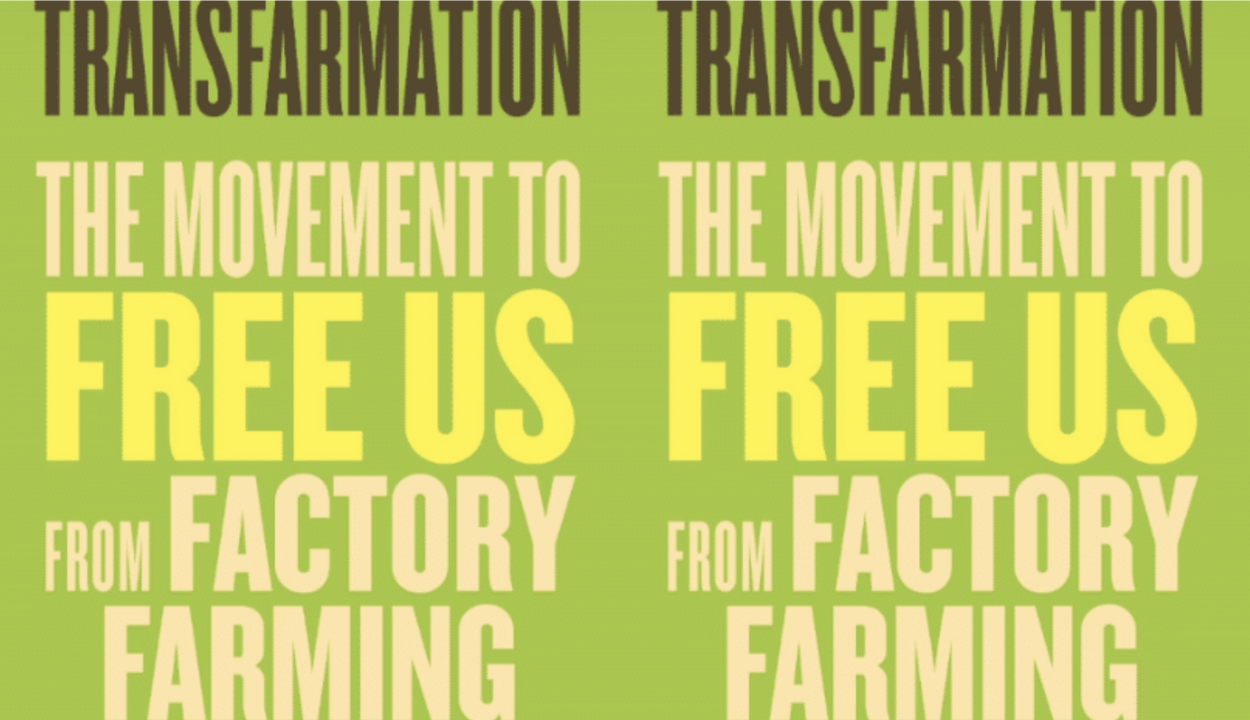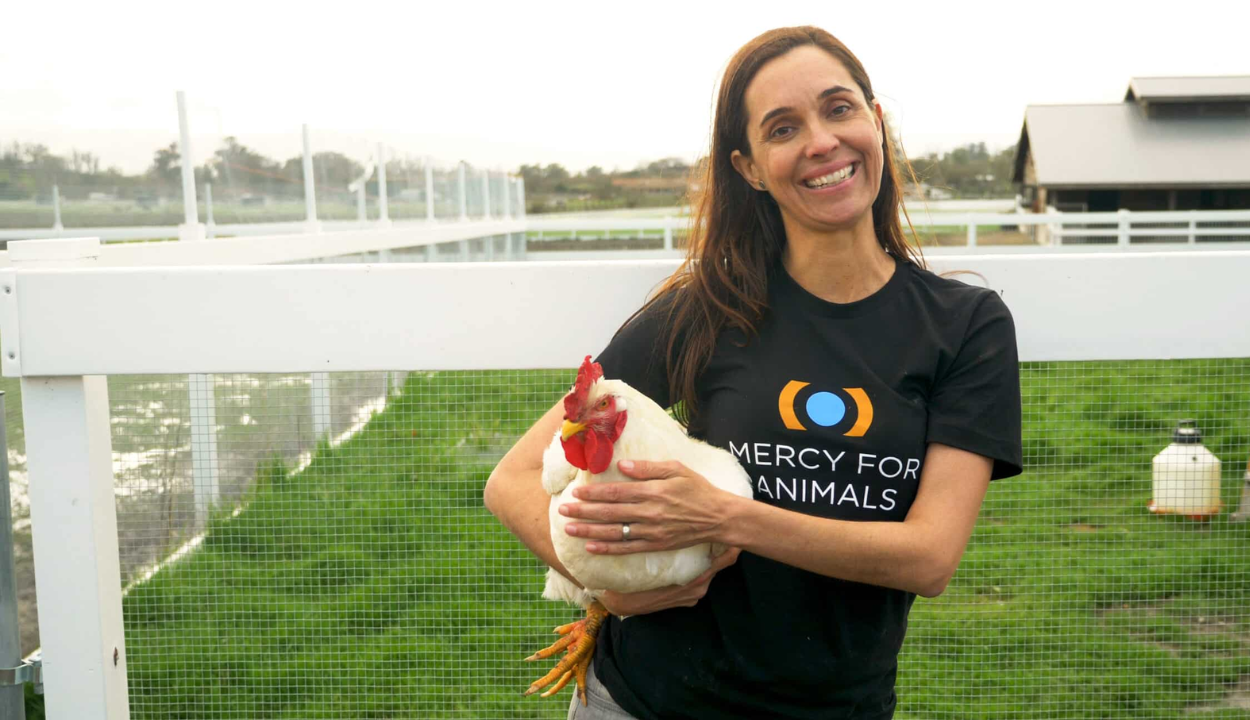Leah Garcés, the CEO and president of Mercy For Animals, will release her second book, Transfarmation: The Movement to Free Us from Factory Farming, on September 17, 2024. Published by Beacon Press, this book deeply examines the problems with factory farming and how it harms animals, the environment, and rural communities.
Garcés has spent over 20 years in the animal protection movement, and in Transfarmation, she offers real solutions to the issues caused by factory farming—something many activist groups have failed to do. Yes, we understand the problem, but how can we fix it? The book is based on The Transfarmation Project, a program she started in 2019 through Mercy For Animals. This project helps U.S. farmers move away from raising animals in factory farms and start growing crops instead.
The author sees hope in the growing plant-based food industry, which is expected to be worth $85 billion by 2030. Farmers who switch from factory farming to growing crops could become key suppliers of highly demanded ingredients like peas, mushrooms, oats, and greens.
How Can Garcés’s Method Help Farmers and Rural Communities?

Transfarmation covers several big problems with factory farming. One major issue is that it contributes a lot to U.S. greenhouse gas emissions, mainly because of how animals like cows and sheep digest food and how manure is managed. But the harm doesn’t stop there. Factory farming also hurts rural communities. These communities often deal with health issues, polluted air, and contaminated water, which force them to stay indoors. On top of that, workers in factory farms face dangerous working conditions.
Eric Schlosser, the author of Fast Food Nation, praises Garcés’ book, saying, “Factory farms are a crime against nature, and Transfarmation convincingly argues that we can feed ourselves, must heal ourselves, without them.” He believes the book is a critique and a guide for creating a more ethical and sustainable food system.
Since its start five years ago, The Transfarmation Project has helped seven farmers make the switch from factory farming to growing crops. This change has reduced the number of animals kept in factory farms by an estimated 2.78 million yearly. In Transfarmation, Garcés shares stories from interviews and her fieldwork, focusing on the experiences of farmers, animals, and the communities affected by factory farming.
Transfarmation will be available at major book retailers, and preorders are already open. Garcés will go on a six-city book tour in the fall of 2024, with stops in Boston, Charlotte, Dallas, Denver, New York City, and São Paulo, Brazil.




